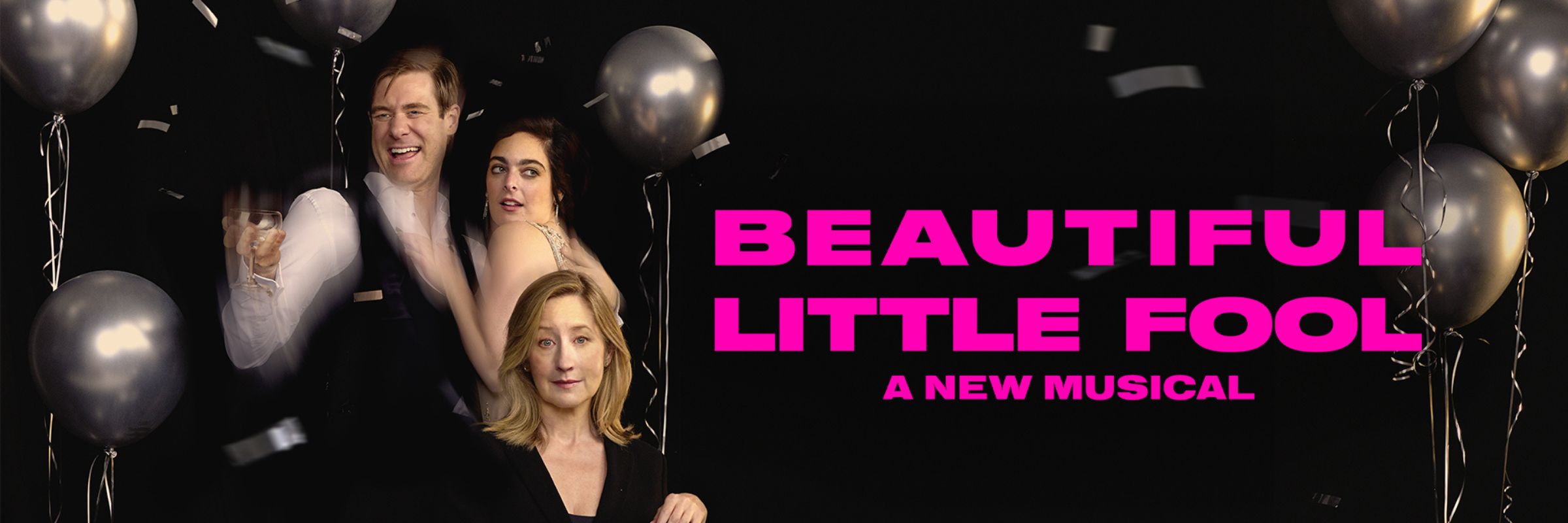 London’s City Academy brought the classic story of Fame to life over the weekend in a 300-seat theatre, with two different groups of performers sharing the stage across the two days.
London’s City Academy brought the classic story of Fame to life over the weekend in a 300-seat theatre, with two different groups of performers sharing the stage across the two days.
Now, I must admit, I’m one of the (apparently, to my shame) very few people who has been living under a rock for most of my life and never actually seen Fame, either the movie or in production, so I went into it a complete novice. I did, of course, know to expect the iconic song at some point, but that was about it.
The Polish Theatre is a good size for this level of production, with stalls and a dress circle. Myself and friend in tow, we managed to get a seat slap bang in the middle so that we could see the stage clearly. This was definitely a benefit to the production, as there was a lot to take in during the dance scenes and the bright colours of the production in general.
Set in a 1980s performing arts high school, the audience plays witness to several different storylines and personal struggles, personified via various strongly written characters, each hosting very different agendas. You have the fame-obsessed and misguided Carmen, the endearing and aspirational Schlomo, the star-crossed romantic that is Serena, and of course, the wannabe-lady-killer and wise-guy of the production, Joe – to name but a few. I was impressed with the casting of the leads, with each performer fully ‘committing’ to their characters. A telling moment for an actor is when they think that the audience is not watching them; a great actor knows that someone is always watching, and to never slip out of character even for a second. Throughout the performance, I felt fully convinced of the performers’ dedication to their roles – from the leads to the smaller parts – which is always a pleasure to see.
With Fame obviously being a musical number, the singing was absolutely key. City Academy proudly presented some true talent at their helm, with some fantastic solo numbers throughout. Particularly memorable was Bring on Tomorrow, the play’s final song, whereby the various leads performed with vigour and a genuine, heartfelt emotion necessary following the play’s tragic outcome. The imagery of the cast all dressed in black, faces turned to the Gods, sorrowful and in sync with one another, was very touching. I would also commend the performers playing Carmen and Schlomo, for their beautifully projected duet in the middle of the play, when the two characters are writing a song together. Aided by Schlomo’s piano playing, their voices harmonised beautifully, with both actors possessing a range that projected powerfully throughout the Polish theatre.
Another important aspect of Fame being choreography, this was something that was undeniably prominent in almost every scene. Impressively, the play boasted several dancing styles, with the choreographer having utilised various cast members’ differing talents and levels of ability. It was clear to see that the ballet dancers had genuine backgrounds in the discipline, and the various fusions of modern, ballroom and other genres were also performed well. Every section of the stage was taken advantage of, and the movements were expressive and energetic – as conservative choreography clearly has no place in Fame.
There was, at times, a bit of trouble with diction. Whilst some of the performers projected extremely well, others seemed to rush through their lines in the more dramatic scenes without pronouncing the words as audibly as possible. This was a bit of a shame, as some of the story became lost in the drama, and the audience were, at times, relying on the actors’ body language to explain the progression of the plot rather than with the language. However, this only made certain other performers shine brighter, especially those performing accents that were not their native tongue – double the feat and skilfully convincing.
Reviewed by Laura Evans


